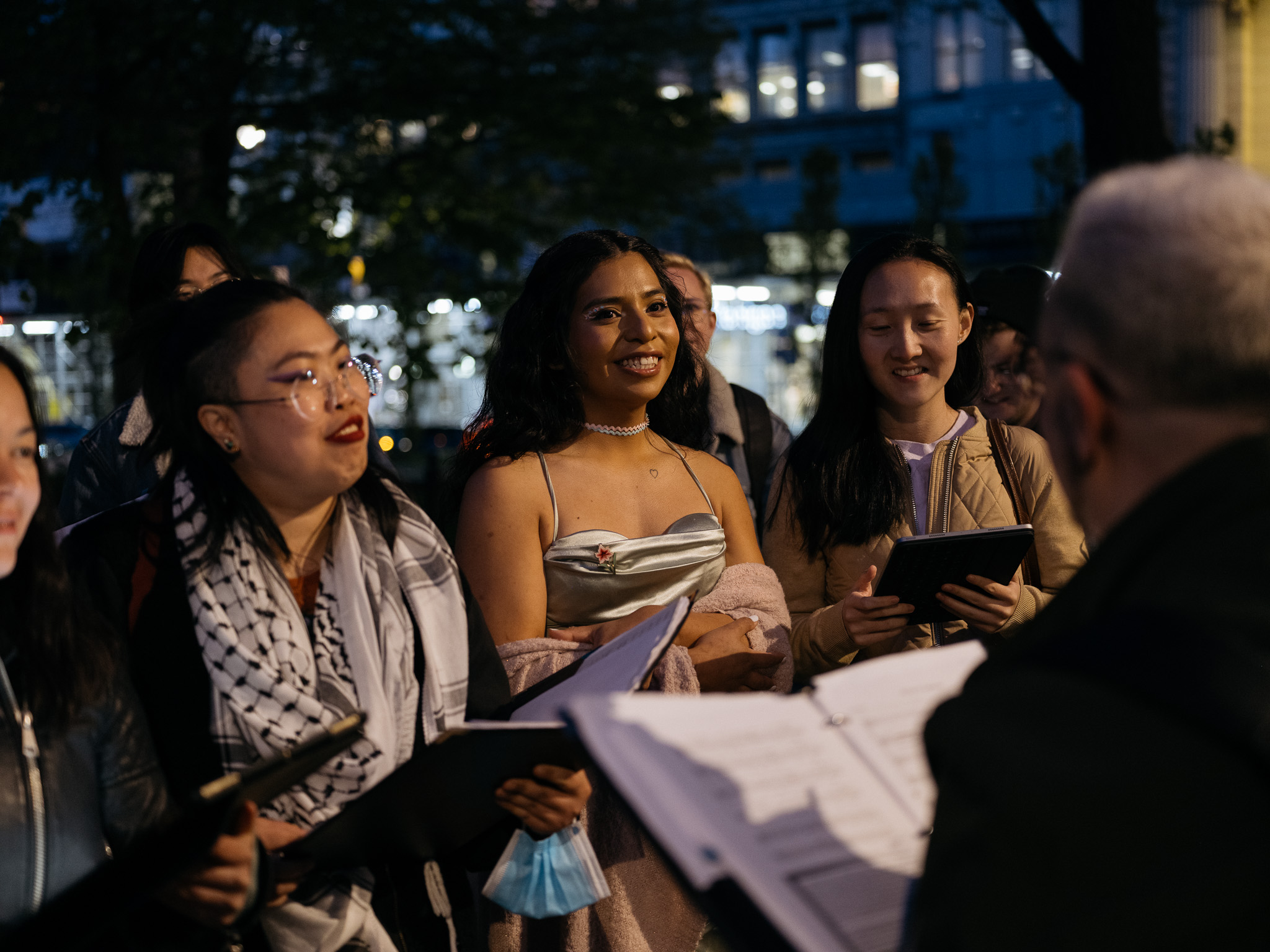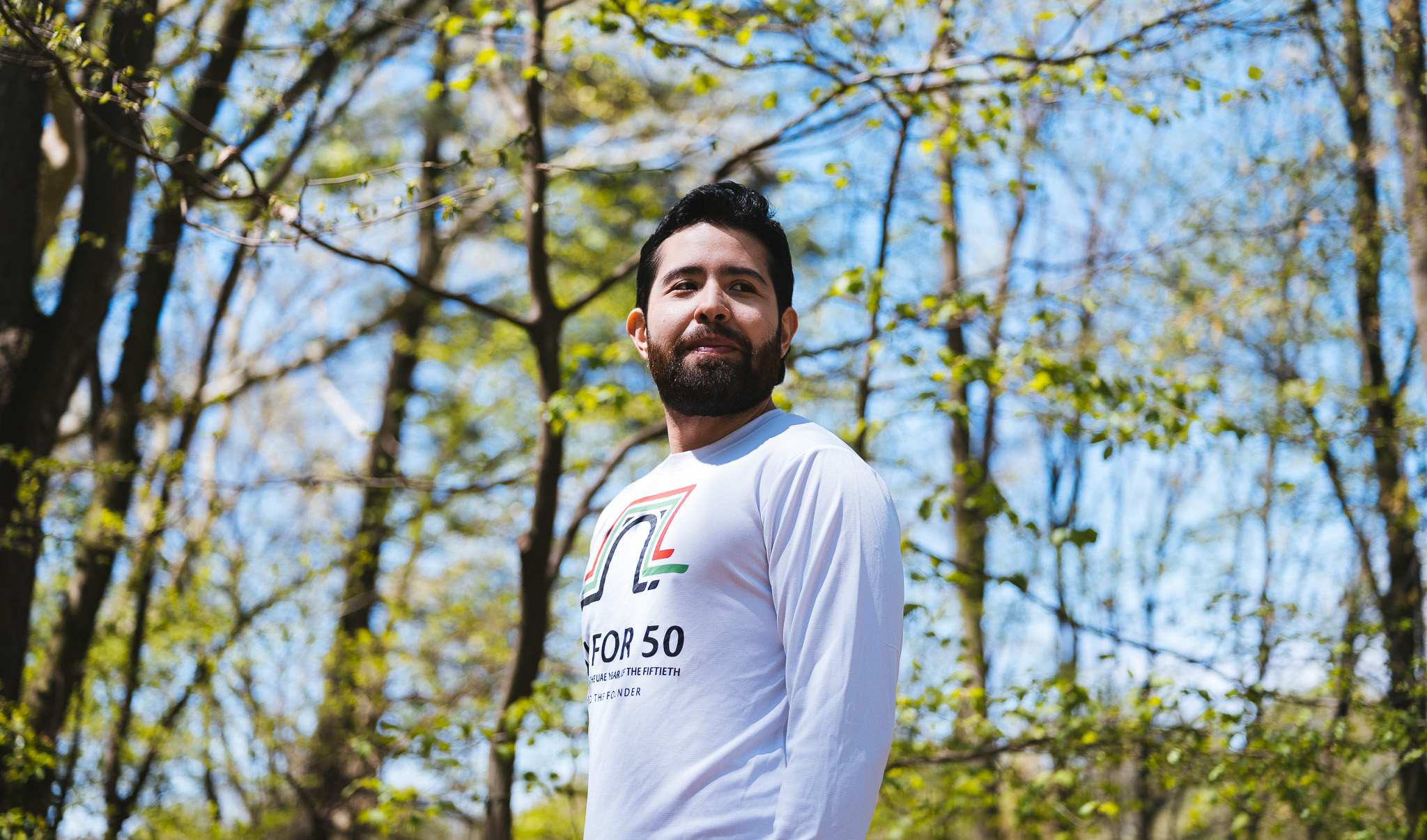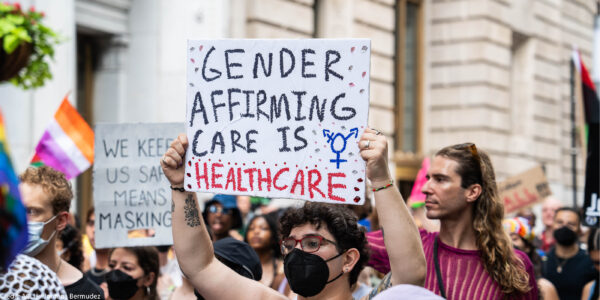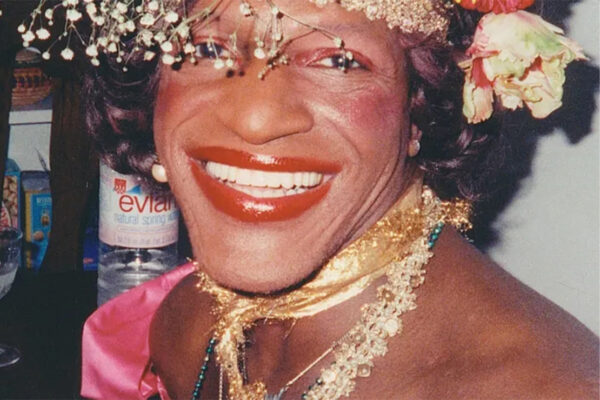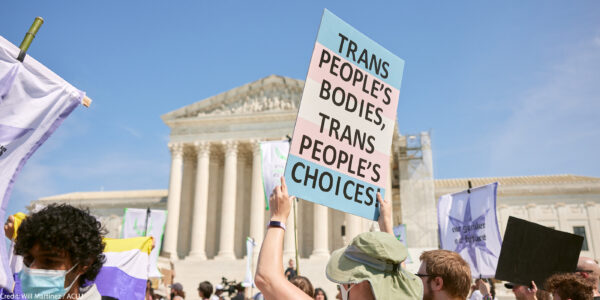Freedom To Be: Joy, Family, & Transgender Rights
Freedom To Be Monument
The Freedom To Be Monument is a powerful, living testament to trans resilience, community, and joy. Explore the monument, witness these powerful stories, and join us in the fight to defend trans freedom.
This installation took over the National Mall in Washington, D.C., on May 17 as a bold act of resistance to transphobia, trans erasure, and anti-trans legislation. It stands as a declaration that trans people deserve the freedom to be—loved, safe, and in control of our own health care decisions.
Inspired by the legacy of the AIDS Memorial Quilt, this installation combats erasure and ensures that trans voices, stories, and existence are seen and honored. It directly challenges those who seek to strip away trans rights, boldly affirming that trans lives are here to stay.
Spelling out the words “Freedom To Be,” the monument consists of 250 panels—each 6 feet by 6 feet—created by hundreds of trans folks and allies across the country. Every panel is a response to the question: What does freedom to be mean to me? Over the past year, in partnership with the ACLU, trans storytellers and allies have poured their hopes, fears, and dreams into this collective work of art.
Fast Facts
Artists and activists contributed artwork to the installation
Panels designed by artists and activists
Participating states across the country + DC
Featured Art
Show allAbout The Monument

The Freedom To Be Monument
National Mall, Washington D.C.
The Road to Washington DC: The Freedom To Be Campaign
This reel takes you through every step of the Freedom To Be campaign—from the powerful storytelling that started it all, to the SCOTUS rally that kicked off oral arguments in US vs. Skrmetti, to the impactful panel-making events, and ultimately, the journey to the National Mall in Washington, D.C., on May 17, 2025. Witness the collective effort and unwavering determination driving the fight for trans freedom, justice, and equality.
U.S. v. Skrmetti: Inside the ACLU's Fight for Gender Affirming Care at the Supreme Court
On December 4, 2024, the ACLU, Lambda Legal, and the National Trans Bar Association co-hosted a Freedom To Be Ourselves Rally outside the Supreme Court in Washington, DC. The rally was organized in conjunction with the oral arguments in U.S. v. Skrmetti, a case challenging a Tennessee ban on gender-affirming care for minors. The rally was a show of support for transgender youth and their families against discriminatory healthcare bans and for the freedom to be themselves.
The History of Quilting as Resistance
Christopher Griffin tells the history of quilting as a form of resistance. Quilting has served as a medium for storytelling, activism, and remembrance, from the AIDS Memorial Quilt to the personal stories stitched into every fabric square. Through this lens, we examine how the LGBTQ+ community has used quilting to honor our existence, fight for justice, and amplify the voices of those often silenced.
Joy, Family, & Transgender Rights
With a landmark Supreme Court decision on the horizon, transgender people and their families speak out about the freedoms at stake.
The “Freedom To Be” campaign shows transgender people and their families from across the country finding joy and community, grounded in the basic principle that we all deserve the freedom to control our own families, bodies, and lives.
In the last three years, politicians across the country have put themselves between transgender people, our families, and our doctors. In 2024, the Supreme Court heard from families and doctors challenging a state law banning hormone therapy for trans adolescents. For many trans youth, this medical care gives them the freedom to be who they really are.
The freedom to be loved, to be safe, to be trusted with decisions about our own health care. That’s what we are fighting for. Learn more below about our storytellers, their families, and how they are advocating for their freedom to be.
In The News
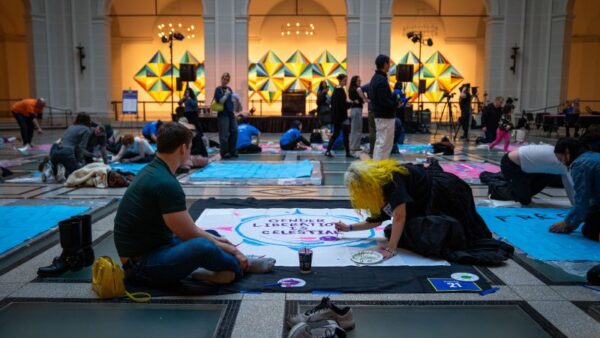
Trans and nonbinary Americans embrace joy as resistance in new 'Freedom to Be' quilt | CNN

Trans and nonbinary Americans embrace joy as resistance in new 'Freedom to Be' quilt | CNN
Trans and nonbinary Americans embrace joy as resistance in new 'Freedom to Be' quilt | CNN

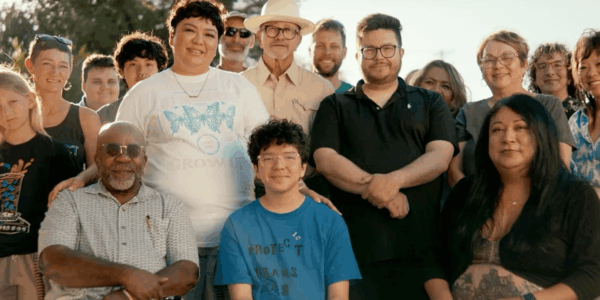
Transgender lives and joy are the center of new ACLU campaign 'Freedom to Be'

Transgender lives and joy are the center of new ACLU campaign 'Freedom to Be'
Transgender lives and joy are the center of new ACLU campaign 'Freedom to Be'

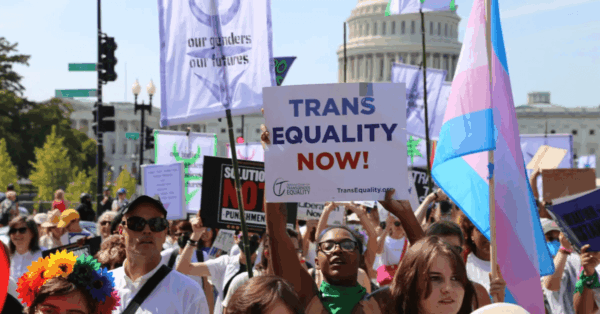
Why Abortion and Trans Rights Activists Have Found Common Cause

Why Abortion and Trans Rights Activists Have Found Common Cause
Why Abortion and Trans Rights Activists Have Found Common Cause


"Freedom to Be: The Future of Trans Visibility" Panel | Raising Our Voices

"Freedom to Be: The Future of Trans Visibility" Panel | Raising Our Voices
"Freedom to Be: The Future of Trans Visibility" Panel | Raising Our Voices

What Does Freedom Mean to You?
The “Freedom To Be” campaign shows transgender people and their families from across the country finding joy and community, grounded in the basic principle that we all deserve the freedom to control our own families, bodies, and lives.



